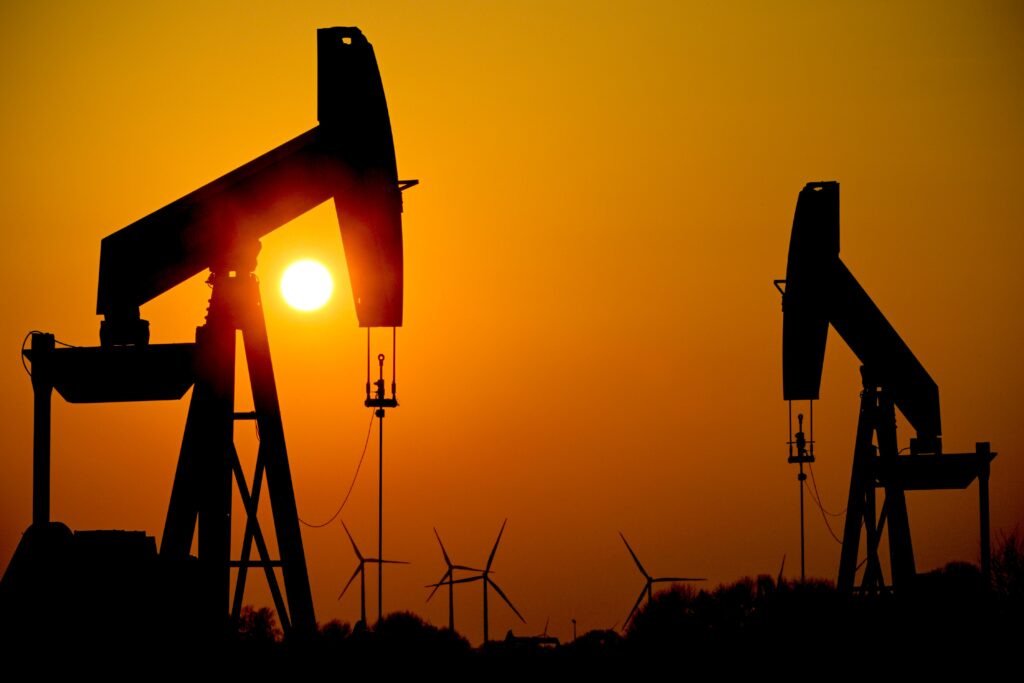BRUSSELS — The EU is planning a major new push to cut the funds the Kremlin is using to rain down death and destruction across Ukraine — but the Russians aren’t the only ones who don’t support the strategy.
In a landmark speech in Luxembourg on Tuesday, the bloc’s energy chief Dan Jørgensen unveiled a package of new measures — first reported by POLITICO — that would allow companies to ditch long-term contracts to buy Russian gas by 2027.
It’s the latest in a string of new policy positions that would cost Moscow billions in lost business with Europe. Last week, Brussels backed lowering the G7 price cap on Russian crude from $60 to $45 per barrel, and pledged a blanket ban on fuel refined from Russian oil by third countries as part of a new round of sanctions.
“Today we have decided to turn off the tap on Russian energy,” the Danish commissioner declared.
Not everyone is on board with that mission, however. The bloc’s two most Kremlin-friendly countries, Hungary and Slovakia, have already vowed to oppose the move, which they claim will lead to higher prices at home.
“Hungarian families will have to pay twice, three times, or even four times as much as they have been paying for utility bills so far,” Hungarian Foreign Minister Péter Szijjártó claimed in an interview broadcast the same day.
Brussels isn’t convinced and is pushing on regardless, said three officials granted anonymity to speak frankly about the spat. “We don’t recognize the sums the Hungarians and Slovaks are showing us when they say this threatens their energy security,” one official said. A second insisted that Bratislava and Budapest were just looking for a cash handout in return for their support.
Despite the broadside, the gas plan does introduce certain circumstances under which Russian gas could still be imported until Jan. 1, 2028, including the energy security situation in landlocked countries. The Commission, Jørgensen told POLITICO, “is doing everything it can to help find alternatives to Russian gas.” He added that “no member state will be left without energy as a result of this proposal.”
The latest measures have been designed to be passed by a qualified majority of member countries as trade and energy policy, stripping Hungary’s hard-right Prime Minister Viktor Orbán and Slovakia’s populist leader Robert Fico of their vetoes. But imposing new sanctions and rolling over existing ones requires the unanimous support of all 27 EU members, and the pair have hinted they could blow up those restrictions if they aren’t given further exemptions.
Experts have expressed surprise at the strength of the proposals.
Aura Sabadus, a top gas markets analyst at commodities intelligence giant ICIS, welcomed the Brussels stance on enforcing the rules. However, she added: “I would have also included provisions for regular spot checks carried out by technical experts at border points with countries that transit Russian gas. I’ll be curious to see the penalties that will be inflicted on companies caught in breach of the regulations.”
Coalition of the unwilling?
While the EU has gone further than previously thought possible in unveiling new energy restrictions to stem the flow of cash to Russia, it will struggle to enforce them or even whip its own members into line without support from Washington.
“Hungary and Slovakia pose a substantial hurdle, so a lot will depend on the U.S. position,” said Maria Shagina, a sanctions expert at the International Institute for Strategic Studies. “While some hard-hitting measures don’t require alignment with the U.S., the oil price cap does. Lowering the cap without buy-in from the U.S. wouldn’t be effective.

“The Commission already explicitly mentioned that it needs to be a G7 decision but the White House has already rejected the idea of lowering the price cap,” she added.
In comments at the G7 meeting in Canada on Monday night, U.S. President Donald Trump suggested he would not support further energy sanctions on Russia at the moment. Asked whether new measures were needed, he said: “Europe is saying that, but they haven’t done it yet. Let’s see them do it first.”
Support from the U.S. is also needed to enforce existing rules, including against circumvention by “shadow fleet” tankers carrying Russian energy in violation of sanctions. Whether Washington would support a return to business as usual between Moscow and European capitals if a peace deal was agreed loomed large ahead of Tuesday’s announcement.
“This is not a sanction that is related to the conflict in Ukraine,” Jørgensen said. “This is a ban we introduce because Russia has weaponized energy against us, because Russia has blackmailed member states in the EU and therefore they are not a trading partner that can be trusted.”
Legal woes
Energy companies are also worried about the implications of the plan, which they fear could see them sued by Russian energy exporters if they renege on their obligations to keep buying the country’s fuel.
“On one hand, you have a ban, so you can’t import the gas. On the other hand, you have a legally enforceable obligation on the contract,” said Katja Yafimava from the Gas Research Programme at the Oxford Institute for Energy Studies.
The proposal, she added, relies on a “bit of a shaky premise for the force majeure … because force majeure was supposed to be something you could not have realistically predicted,” whereas “the European Commission has been talking for now three years about various ways how to ban Russian gas.”
According to Andreas Guth, secretary general of the Eurogas trade association, industry will be concerned there isn’t a “one-size-fits-all” solution to get out of long-term Russian gas contracts. “There seems to be at least a concern that force majeure [will be valid],” he said. “It will require deeper assessment.”
But while the unexpectedly tough push Brussels is leading might go too far for Russian energy holdouts and some firms, others want to see the EU push even harder.
“The general view is that there are some … loopholes in that and some challenging aspects” of the proposal, said Lithuanian Energy Minister Žygimantas Vaičiūnas, who wants even fewer possible concessions.
A potential review that would allow countries to import Russian gas in exceptional circumstances risks being “interpreted in a very wide sense,” he said. Countries like Italy and Austria have hinted they could accept a return to imports from Moscow once a peace deal is struck in Ukraine.
That creates “a gray zone,” Vaičiūnas said, “which in [the] current circumstances … is probably not the best option.”


